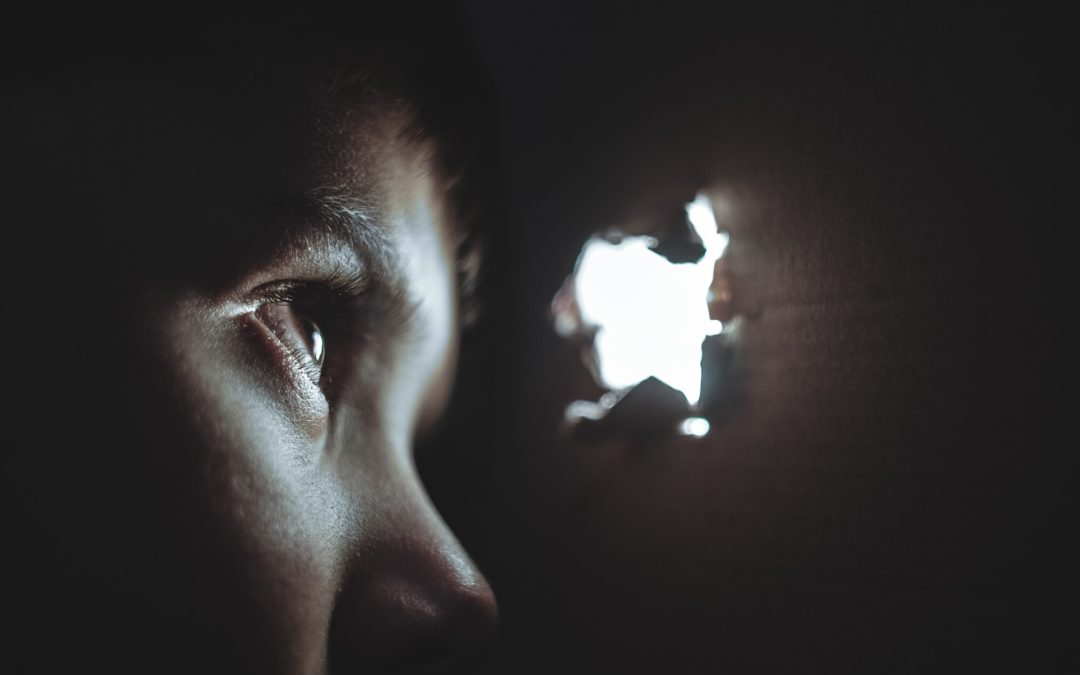Are you a parent wondering why your child seems so nervous in social situations?
You might have asked them directly about how they feel, but they refuse to open up about it. Do you know the best ways to alleviate social anxiety in kids?
The coronavirus pandemic poses a mental health crisis for ages across the board. While the loneliness and isolation of online schooling have taken a toll on some children, others have found relief from social anxiety. Have you considered how overwhelming it is for these youngsters to return to school?
If you want to help a child cope with social anxiety, you need to consider psychotherapy. We’re going to explain how therapy treats anxiety, tell you what to look out for, and explore coping strategies. Read on to learn what you need to know!
Social Anxiety vs Shyness
How do you know if your kid is an introvert vs social anxiety?
Suffering social anxiety disorder (SAD) rises above being shy. Children who suffer from social anxiety have a preoccupation with being negatively evaluated by those around them. This keeps kids with anxiety away from the activities that they love because they’re scared of being laughed at or criticized.
This disorder is characterized by severe worry over how their actions are outwardly perceived.
While more commonly diagnosed as a teenager, social anxiety sometimes starts earlier. Without prompt detection and treatment, kids may become depressed and isolate themselves away from friends and family.
Performance-anxiety is the main manifestation for some sufferers. Anxiety may surface during group presentations, sports events, or musical auditions.
Generalized social anxiety may appear in any social event where a child must act alone.
Fears and phobias may develop that center on the situation that the child worries about. This can lead to avoidant behavior or a complete refusal to participate or engage with others. As a result, it can be hard for kids with social anxiety to talk to their peers and foster friendships.
How to Spot Social Anxiety
The disorder typically presents with trembling, blushing, and sweating. During an anxiety attack, a child may be breathless, dizzy, and lightheaded.
They may also have a fast heart rate and may experience nausea or stomach aches. Tense muscles are another sign that your kid is experiencing social anxiety. They may say that their mind has gone blank during any interactions that occur in public settings.
If your child worries excessively about what they will say or do in an upcoming situation, this may well be a clue. Such fears could lead to emotional outbursts when facing the event that they’ve been dreading.
Because some kids bottle up how they feel, it may be harder to spot their true emotions.
It’s thought that both nature and nurture play a part in this disorder. Some experts have noticed that there is a higher degree of prevalence in kids who have a close blood family member who also suffers from social anxiety. External factors may also play a role, including life experiences both in and outside the family home.
A child’s personality may already overlap with some aspects of the disorder, making it more likely that they will go on to develop social anxiety.
How to Help Kids With Anxiety
Deep breathing exercises are an effective strategy for overcoming an anxiety attack.
A good way to teach a kid about deep breathing is to have them blow up an imaginary balloon. This will slow a racing heart and relieve SAD symptoms like dizzy spells and lightheadedness. During breathing exercises, it’s even better for a child to close their eyes and in their head, picture themselves within a relaxing environment.
Another technique that can relieve tension is to relax different muscle groups one-by-one, in sequence.
Have the child start by clenching their hands together into fists for a few seconds, then loosening their grip slowly. You can also achieve this with other parts of the body, particularly those that are the tensest in the first place. You can also relax the arms, feet, legs, neck, and shoulders by using a similar technique.
A child can also be encouraged to engage in relaxing activities or creative hobbies, such as art, music, and writing.
You may think that because your child is relaxed during online schooling, there’s no need to seek treatment right now. Without treatment during the pandemic, however, a child with social anxiety is more likely to suffer very severe symptoms when they are back at school.
Social Anxiety Treatment Plan
Social anxiety disorder treatments are geared-towards reducing anxiety so that the sufferer can face situations again without fear.
Medications often play a role, but cognitive-behavioral therapy (CBT) and family therapy can be just as powerful.
Managing symptoms is an important element to recovery, and effective techniques are often taught during therapy sessions. These techniques may include problem-solving, social, and academic skills training. Your therapist may even share these techniques with the child’s parents or teachers so that they can assist them in coping better.
During social anxiety therapy sessions, a child will also learn how to set goals and challenge themselves. This can help them overcome the disorder.
Social anxiety support groups may also be very helpful for your child. Ask your therapist if he or she can put you in touch with one within your community.
Cognitive reframing can be used to identify and change patterns that arise in certain situations. Ideas, thoughts, or emotions can be challenged, and by looking at them differently, ultimately changed. The mental health of a child suffering from social anxiety can be improved when the polarity of these self-beliefs is flipped from negative to positive.
Social Anxiety in Kids
We’ve shown that social anxiety in kids can be hard to identify if the child refuses to discuss their feelings. Don’t let your child suffer in silence.
If you’re a parent, teen, or adult with social anxiety, we can help. We are a psychotherapy center located in Rockville, MD, and we are dedicated to providing affordable and accessible psychotherapy. We tailor our services to the individual needs of our clients.
Contact us today to schedule an appointment.


